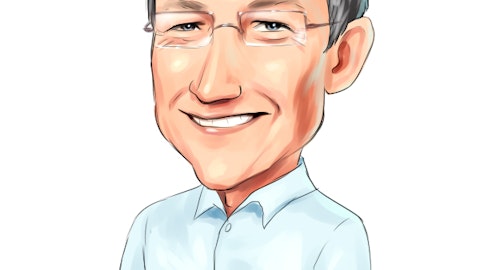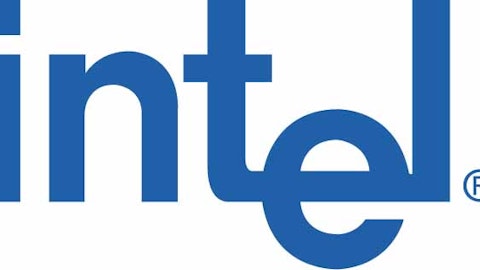Times have been tough for PC makers. Global personal computer shipments tumbled 14% in Q1 of 2013, according to data from research firm IDC. That was the steepest decline ever.
That’s definitely bad news for the likes of Dell Inc. (NASDAQ:DELL) and Hewlett-Packard Company (NYSE:HPQ).
Dell has been besieged by a takeover versus a take-private battle for several months. CEO Michael Dell says he needs to take the company private in order to save it. The business is in such dire straits that a leveraged buyout (LBO) is its only saving grace. The idea is that once the company is private, it will have room to rebuild and move beyond PCs without the short-term demands of a publicly traded stock.

In a March interview with MarketTech about Dell Inc. (NASDAQ:DELL)’s future, Mr. Dell acknowledged that the company needs to charge ahead beyond personal computers: “We started out with PCs and servers, and as the company has grown and developed, what we’ve found is that products alone were unable to solve all the challenges and opportunities that customers have presented us. So you’ve seen us move aggressively into services, software, deeper into the data center.”
Waning PC sales are also very troubling news for Microsoft Corporation (NASDAQ:MSFT), since fewer PCs sold mean fewer are running Microsoft Corporation (NASDAQ:MSFT)’s Windows operating system.
Fingers point to the explosive growth in mobile devices for PCs’ dimishing sales. Mobile is unquestionably where it’s at.
Consider that in five years, the Earth’s population will swell to some 7.6 billion people, according to data from the United Nations. The masses will be using some 10.4 billion Internet connected mobile devices. In other words, there will be more mobile devices in the world than people, says Cisco Systems.
It’s those kind of staggering numbers that have prompted Facebook Inc (NASDAQ:FB) to do an about face.
Over the last year, the social networking behemoth has morphed into a true mobile company. But having the most downloaded smartphone app (more than 85 million at the end of 2012 according to research firm ComScore), wasn’t enough for CEO Mark Zuckerberg. The hoodied-CEO went and launched Facebook Inc (NASDAQ:FB) Home. While not exactly a smartphone, it comes close.
Billed as a “mobile experience” that puts friends at the heart of your phone, Facebook Inc (NASDAQ:FB) Home is a homescreen for phones using the app. From the moment a phone is powered on, a user sees a steady stream of posts and photos from connections. Thanks to upfront notifications and quick access to users’ “essentials,” a Facebook Home user never misses what friends are up to.
But in this explosive mobile arena, Microsoft Corporation (NASDAQ:MSFT) is missing out. People are shunning PCs altogether for mobile devices. More time and more money is being spent on tablets and smartphones. People aren’t upgrading PCs or buying new ones. Instead, they are spending on new mobile devices.
Even Microsoft Corporation (NASDAQ:MSFT)’s new souped-up version of its Surface tablet is being waved off as a non-event for the company. Chatter is making the rounds that CEO Steve Ballmer is holding Microsoft back. Some, like former MSFT executive Joachim Kempin, have called for Ballmer’s resignation in exchange for a Microsoft revival.
Kempin says in his newly released book with a mouthful of a title, Resolve and Fortitude: Microsoft’s “secret power broker” breaks his silence, that Ballmer is out of touch with the current market. A younger leader is needed, someone more zeroed-in on today’s global social trends.
Making Ballmer COO and anointing a new chief could be the fix. “Steve is a very business guy, but make him a chief operating officer, not a CEO and your business is going to go gangbusters. I respect that guy (Ballmer), but there are some limitations in what he can and can’t do and maybe he hasn’t realized them himself,” Kempin told Reuters.



